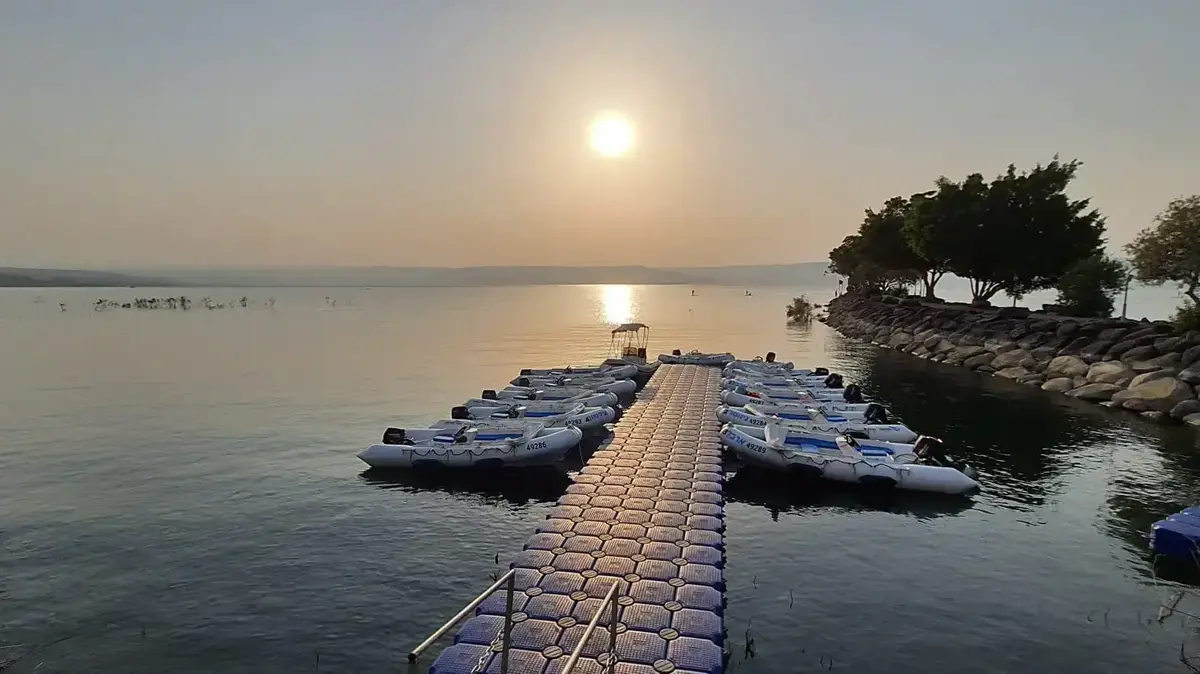Unsightly legacies can be seen at the Eibsee directly of the hiking trail. Handkerchiefs in particular pollute the environment. © Josef Hornsteiner
More and more people are defecating near the shores of Lake Eibsee. This leads to a strong environmental impact. Especially in the vicinity of the public toilets, more and more human excreta including paper handkerchiefs can be found.
Grainau – If you have to, you have to. It is not uncommon for an emergency to come unplanned and force a hiker to do his business in nature. All human. But the sheer mass of contamination around tourist hotspots such as the Eibsee has long since ceased to have anything to do with an exceptional situation, as Grainau's mayor Stephan Märkl (CSU) knows only too well. It almost seems to have a system – because the problems are "piling up" especially around the public toilets. And there it stinks to heaven.
The situation is as follows: If you go for a walk at the Eibsee, you only have to go one or two meters deep into the forest - but preferably with rubber boots or other sturdy shoes. Because you find yourself there in the middle of a sea of handkerchiefs and human feces. Stench, thousands of flies and the legacies are not only unsightly to look at and cause horror - this pollution is also very harmful to the environment.
Environmental impact: Most handkerchiefs are chemically treated
Most tissues used for cleaning are chemically treated. They are made from pulp or from fibers obtained from waste paper. "Various chemicals are used during processing, such as chlorine compounds, to lighten the paper," explains Patrick Fantou from the State Association for Birds and Nature Conservation (LBV). The problem is that the chemical additives are also contained in the fibers. If the cloths are disposed of in nature and rot there, the chemicals accumulate in the soil. "But it takes a very long time for a handkerchief to dissolve," says Hans-Joachim Fünfstück from LBV Garmisch-Partenkirchen.
Bleaching removes lignin from the wood pulp. Lignin is a type of glue that holds the wood together. Solvents are needed to dissolve the lignin, some of whose hazardous substances end up in our waters, according to the Federal Environment Agency. How serious the negative effects are in the long term has not yet been properly researched, says Fünfstück. Meanwhile, there is a simple solution for him if there is no other way: "Just take untreated toilet paper with you." It is light and rots in no time at all.
Why public toilets are not used poses a mystery to the mayor
However, why the public toilets, of which there are two on the north shore of the Eibsee, are not used and why the legacies pile up there, of all places, is also a mystery to Märkl. "Maybe the visitors are too kinked to pay a euro." However, there would be free toilets at the valley station of the Bayerische Zugspitzbahn in the immediate vicinity.
Hotspot: The attraction of the Eibsee is both a curse and a blessing. © Private
The issue of garbage pollution at the Eibsee is not new. The CSU local association and the water rescue service have already organized a Ramadama several times. "All handkerchiefs were collected up to 50 meters into the forest," says Märkl. There is also often garbage lying around. The 55 rubbish bins along the 7.5-kilometre stretch are often not enough, even if municipal employees empty them as often as possible.
Bavarian State Forests own the polluted areas: Intensive exchange with rangers
The human garbage, including undesirable side effects such as handkerchiefs in nature, is also known to the Bavarian State Forests. They own the area at the Eibsee. "The problem seems to be concentrated there," says forest manager Markus Achhammer from Oberammergau to the Tagblatt. The further you go into the mountains, the rarer the problem becomes. "Hikers may have even more respect," Märkl speculates.
0
Also Read
Almost unbraked in Skoda: Serious accident at Farchant
READ
Hauntingly beautiful, living customs in Seehausen
READ
Pretty brazen: thief tour with the stroller
READ
Great sense of unity for the "Saitenstraßen" festival: Supra-regional interest is growing - ticket sales are going well
READ
Green politician: Wolf drives red deer out of feeding and forces them to bite young trees
READMone area
According to Achhammer, the local authority is responsible for the disposal of waste in freely accessible natural areas. In the present case, the Garmisch-Partenkirchen District Office. "In the case of debris deposits, we make appropriate contact so that the problem can be eliminated professionally." Priority must be given to education, guidance and offers by tourism organisations and nature conservation agencies. "We are in close contact with the very active rangers of the district on site," says Achhammer. In various places, in addition to appropriate information boards for the protection of nature and compliance with the legal protected area regulations, "mobile toilets could also be built at the tourist hotspots as a preventive measure". But another permanent toilet on the southwest bank is "financially unmanageable" for the municipality, Märkl regrets. Especially since laying a sewer would devour a whopping million sum.








